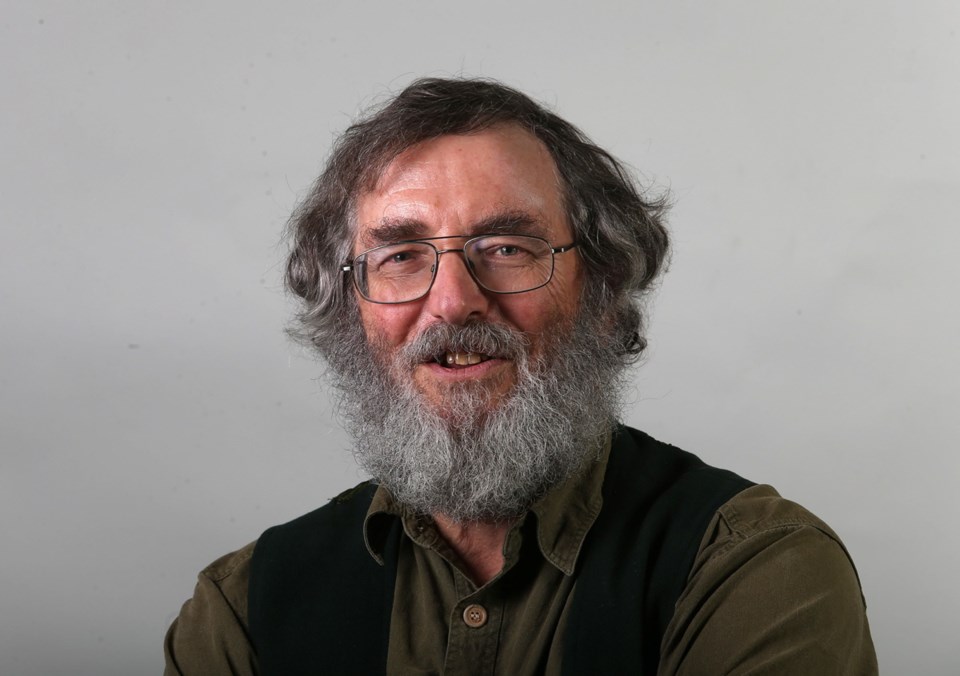The principal purpose of any government and society should be to maximize human and social development for all its citizens — but, we now understand, within the limits of this one small planet.
A new study shows how well we are doing in achieving human and social development, but how much environmental harm we are doing in the process.
Led by Daniel O’Neill at the University of Leeds — and a University of Victoria alumnus — the study looks at 150 countries in terms of how well they meet a set of human and social-development thresholds and whether on a per-person basis they exceed a set of biophysical boundaries.
The 11 social outcomes are derived from analyses of social needs embodied in the Rio + 20 Conference and the UN’s Sustainable Development Goals. Nine of these relate to meeting basic human needs such as food, clean water and sanitation, income and education, while two measure human well-being: self-reported life satisfaction and healthy-life expectancy (years of life without illness or disability).
For each of these, the research team defines an admittedly subjective threshold they believe is consistent with a “good life.” For example, the thresholds for access to improved sanitation facilities, access to electricity, secondary-school enrolment and an income above $1.90 US a day are all set at 95 per cent of the population, while the threshold for healthy life expectancy is 65 years.
The biophysical boundaries are of two sorts: Five are based on “planetary boundaries” per person (climate change, land-use change, nitrogen and phosphorus flows, and freshwater use) and the remaining two are our overall ecological and material footprints, compared to suggested maximum sustainable levels.
Obviously, the ideal position would be to meet all 11 social thresholds without exceeding any of the biophysical thresholds. Worryingly, the study finds: “No country meets basic needs for its citizens at a globally sustainable level of resource use,” but the country that comes closest is Vietnam, which meets six of the 11 social thresholds while exceeding only one of the biophysical boundaries.
In fact, only three countries meet all 11 social thresholds — Germany, Austria and the Netherlands — but in doing so they also cross most of the seven biophysical boundaries. Canada is about the middle of the pack of a group of high-income and largely Western countries that meet many of the social thresholds, but exceed most, if not all, of the biophysical boundaries.
In our case, the two social thresholds we miss — but not by much — are equality and employment. But we don’t just exceed the biophysical boundaries, we blow way past them. Our carbon dioxide emissions are almost 11 times higher than they should be, our nitrogen and phosphorus flows 15 to 16 times, and our ecological footprint about four times higher; only in freshwater use are we below the boundary.
It is not just whether a country exceeds a biophysical boundary, but by how much. Clearly, exceeding it by 10 per cent is a lot better than exceeding it by 500 per cent. When we compare Canada with countries that do as well or better than us both socially and environmentally — Germany, Austria, the Netherlands, Japan, France, Sweden, Finland, Denmark, Belgium, Australia, the Czech Republic, Ireland and Slovenia — we don’t do well.
Only Australia has higher carbon emissions and a higher ecological footprint. The rest — omitting Australia — meet or exceed our social achievements while having on average two-thirds of our carbon emissions and 72 per cent of our ecological footprint per person. Clearly, we must learn from them so we can be more like them; that would be a useful first small step.
But it is nowhere near enough, because on average, they still use more than seven times their fair share of carbon emissions, and almost three planet’s worth of ecological footprint. Thus the study’s authors conclude: “If all people are to lead a good life within planetary boundaries, then the level of resource use associated with meeting basic needs must be dramatically reduced.”
This is the most important challenge of the 21st century, second only to avoiding full-scale nuclear war. Clearly, we have a lot to learn — but at least we are beginning to understand the challenge.
Dr. Trevor Hancock is a professor and senior scholar at the University of Victoria’s school of public health and social policy.



